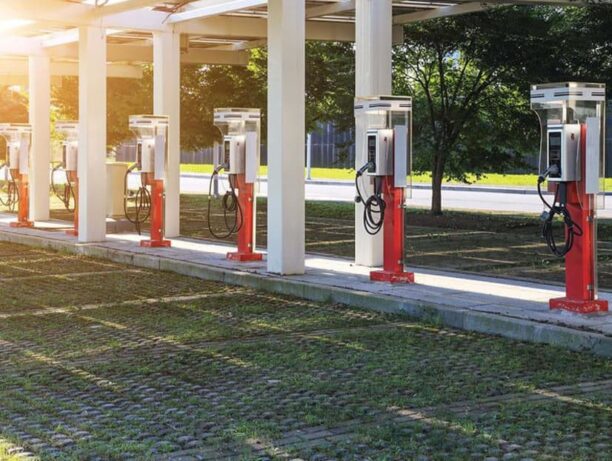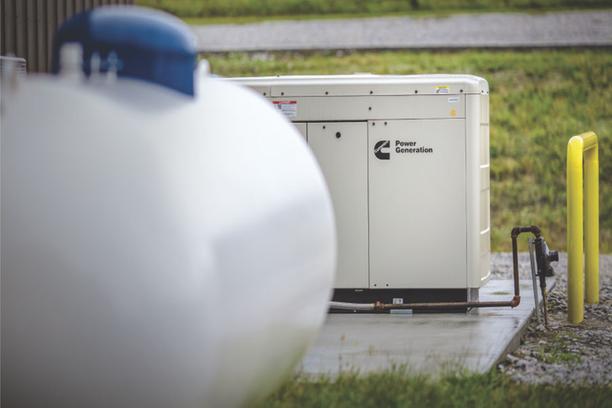Propane: A Key Player in the Future of Clean Energy Recharging
The propane industry is making significant strides in sustainability by contributing to emission reductions through innovative recharging infrastructure. This initiative, led by the Propane Education & Research Council (PERC), aligns with the global push for cleaner energy solutions and showcases propane’s versatility in supporting a greener future. Propane’s Contribution to Clean Energy Propane is now… Continue reading Propane: A Key Player in the Future of Clean Energy Recharging


